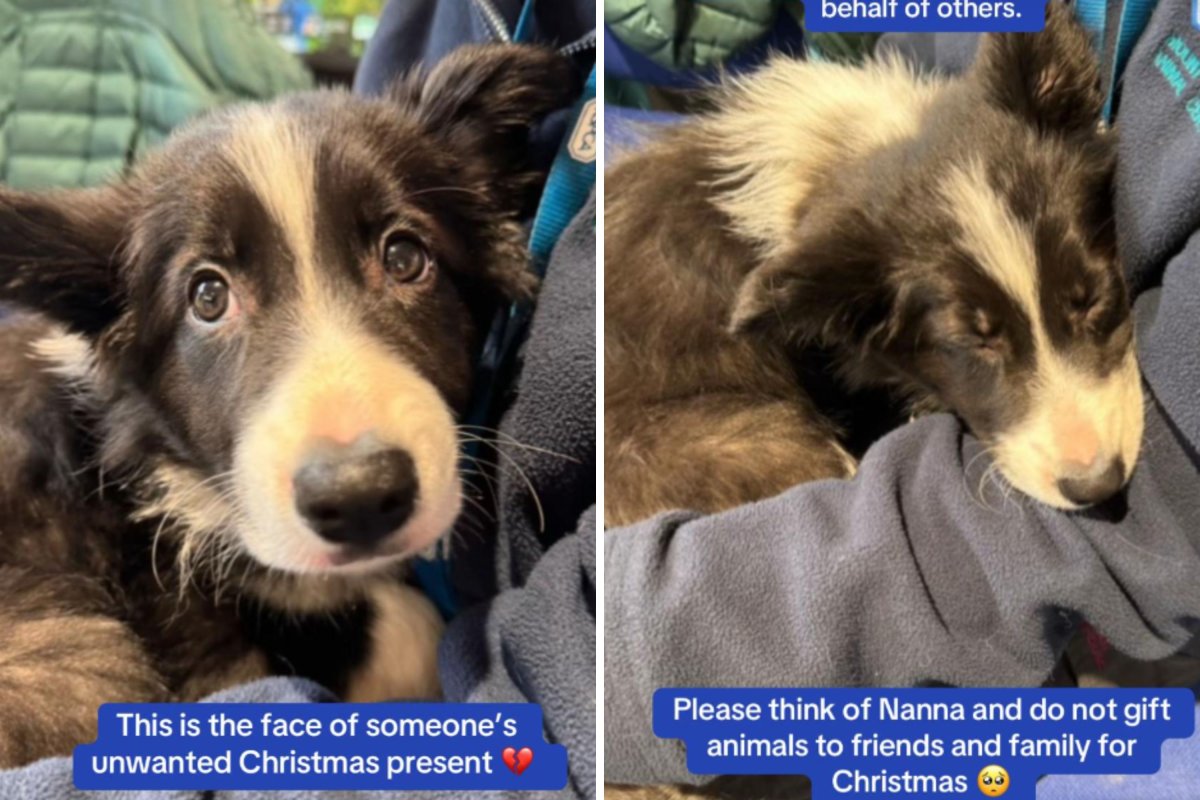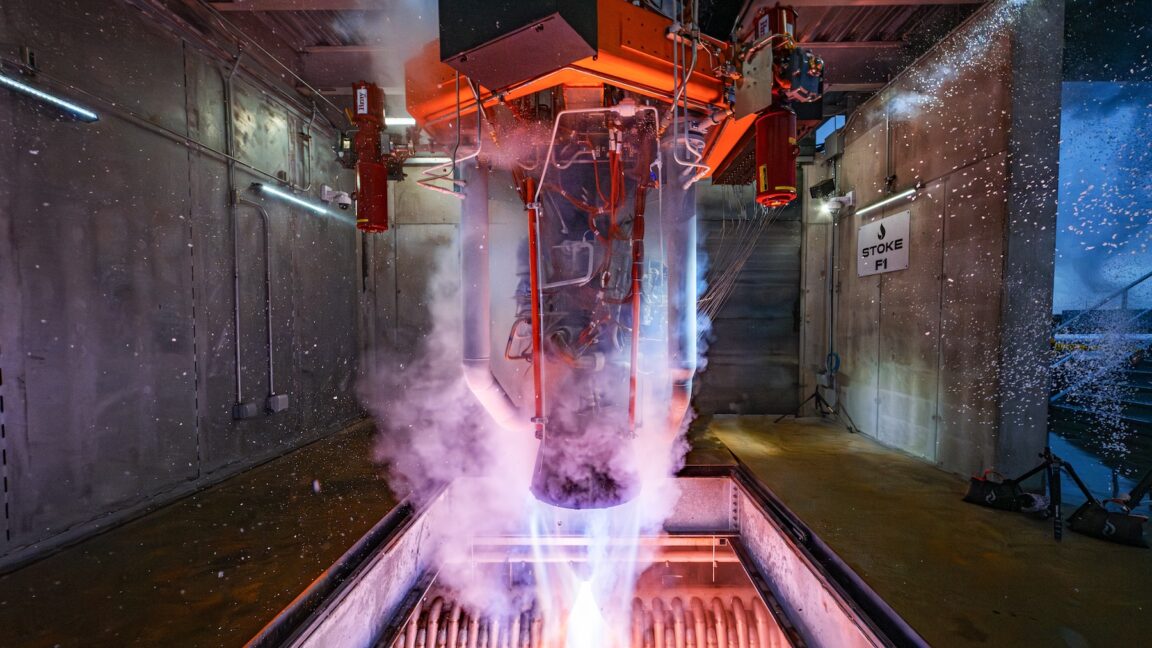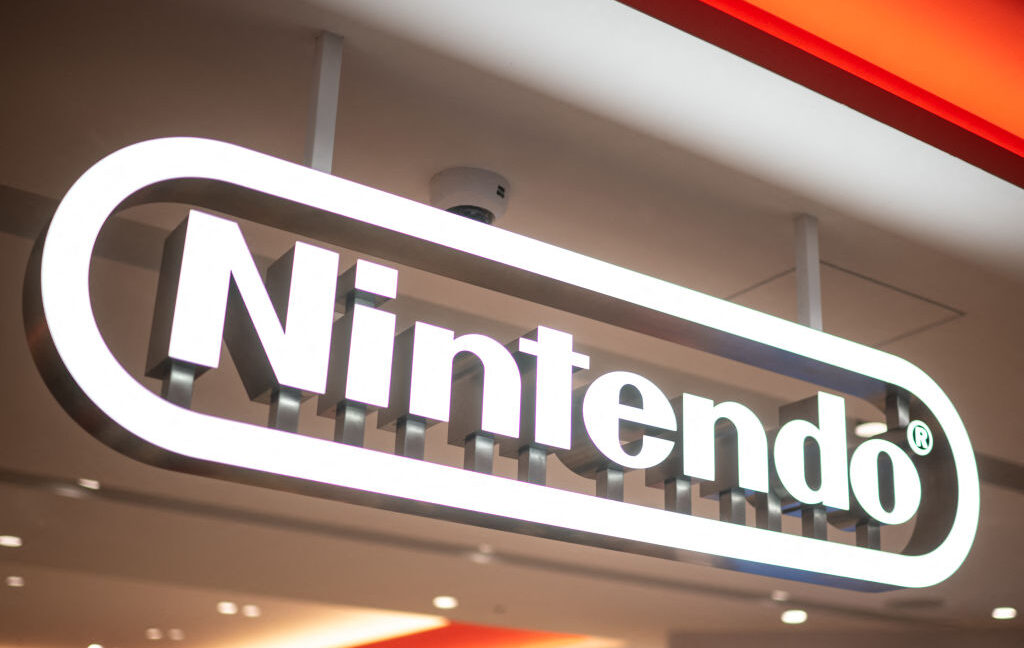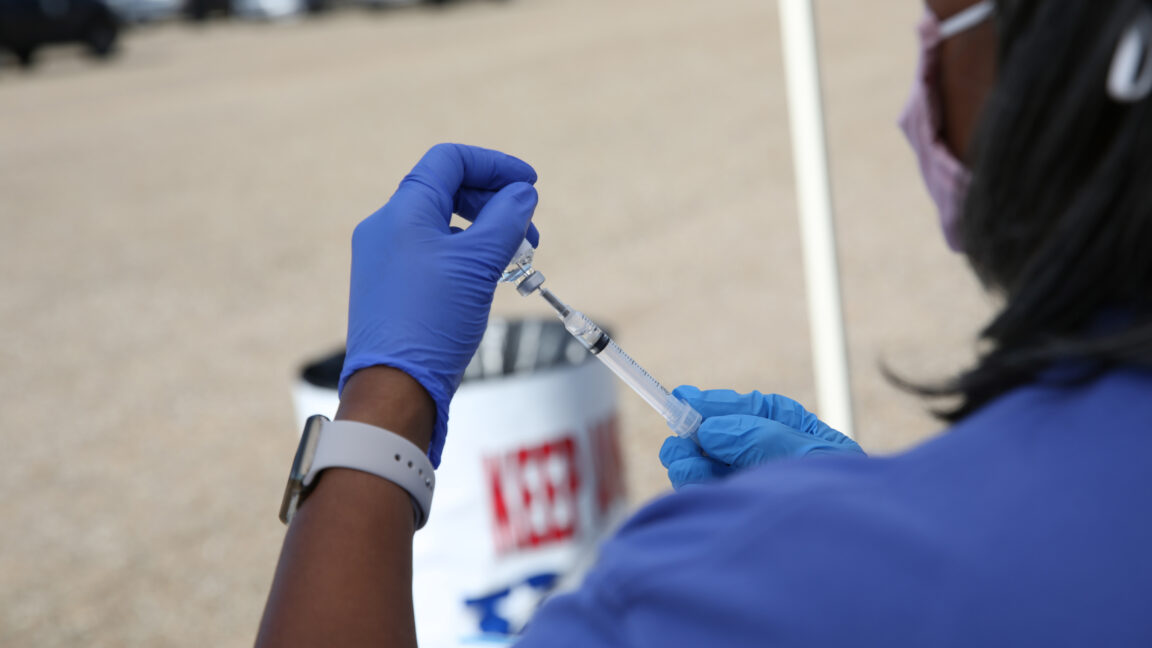Children’s Hospital Los Angeles tests generative AI to translate discharge notes into Spanish


![]()
By Katie Palmer
Nov. 11, 2024
Health Tech Correspondent
When patients and their families leave the emergency room, they’re usually clutching a sheaf of papers: Called discharge notes, they contain important instructions about how to care for themselves and when to follow up with a doctor. If patients don’t speak English, though, they may leave with directions they can’t understand.
At most hospitals, it takes between hours and days to translate discharge notes for outpatients who have limited English proficiency. But many health systems are considering automated machine translation to speed up the process, driven by the proliferation of powerful large language models — along with a looming deadline in federal nondiscrimination rules.
advertisement
Now Children’s Hospital Los Angeles is taking the next step, beginning to pilot a program that will use generative AI to translate discharge notes for Spanish-speaking patients in seconds.
STAT+ Exclusive Story
Already have an account? Log in


This article is exclusive to STAT+ subscribers
Unlock this article — plus in-depth analysis, newsletters, premium events, and news alerts.
Already have an account? Log in
Monthly
$39
Totals $468 per year
$39/month Get StartedTotals $468 per year
Starter
$20
for 3 months, then $399/year
$20 for 3 months Get StartedThen $399/year
Annual
$399
Save 15%
$399/year Get StartedSave 15%
11+ Users
Custom
Savings start at 25%!
Request A Quote Request A QuoteSavings start at 25%!
2-10 Users
$300
Annually per user
$300/year Get Started$300 Annually per user
View All Plans
To read the rest of this story subscribe to STAT+.
Subscribe Log In Artificial intelligence, Health Disparities, hospitals, STAT+ Submit a correction requestReprints-

Katie Palmer
Health Tech Correspondent
Katie Palmer covers telehealth, clinical artificial intelligence, and the health data economy — with an emphasis on the impacts of digital health care for patients, providers, and businesses.


Newsletter
Tech is transforming health care and life sciences. Our original reporting is here to keep you ahead of the curve.









